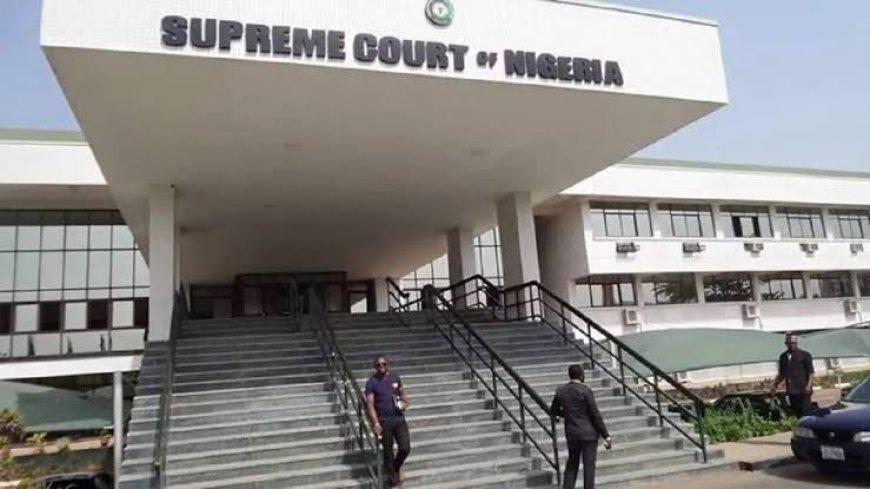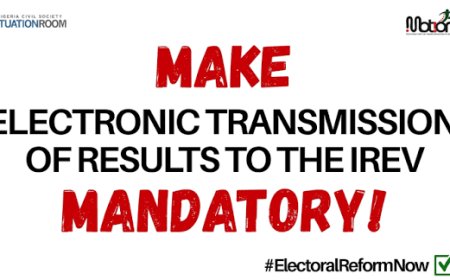Supreme Court Throws Out Suit Challenging EFCC’s Legality
The Supreme Court dismissed a suit by 16 Nigerian states challenging the legality of the Economic and Financial Crimes Commission, ruling the EFCC Act requires no state ratification.

The Supreme Court on Friday, dismissed the suit instituted by 16 states of the federation challenging the constitutionality of the act establishing the Economic and Financial Crimes Commission, EFCC, in the country.
Delivering the judgement, Justice Uwani Abba-Aji, who presided over a seven-member panel of justices, ruled that, “the EFCC Act, which is not a treaty but a convention, does not need the ratification of the state houses of assembly.”
The Kogi State Government had in 2023, filed the suit against the EFCC. Eighteen other states joined the suit but six of the states including Enugu, Anambra, Adamawa and Ebonyi, later withdrew from the case, before Friday's judgement.
While Benue filed for withdrawal on October 23, Jigawa filed its own on October 24, even as in the case of Benue, the state governor, Rev Fr Hyacinth Alia, suspended the state’s Attorney General and Commissioner for Justice and Public Order, Fidelis Mnyim, for not informing him before joining the suit.
Furthermore, the Ogun State government said it was not challenging the constitutionality of the EFCC but was seeking an interpretation of the apex court on the NFIU guidelines on cash withdrawal limit.
While the legal tussle lasted, the states argued that the Supreme Court, in Dr Joseph Nwobike vs. the Federal Republic of Nigeria, held that the United Nations Convention against Corruption was incorporated into the EFCC Establishment Act and in enacting this law in 2004, pointing out, however, that the provisions of Section 12 of the 1999 Constitution, as amended, were not followed in the process.
The plaintiffs further claimed that the provisions of Section 12 of the 1999 Constitution as amended, must be complied with, when bringing a convention into Nigerian law,
However, the Supreme Court in its judgement, set aside the arguements of the states' attorney generals and commissioners of justice
But delivering its judgement, the Supreme Court faulted the crux of the suit of the plaintiffs’ noting that, “the EFCC Act, is not a treaty but a convention, and hence "does not need ratification by the houses of assemblies in the country."
What's Your Reaction?

































































